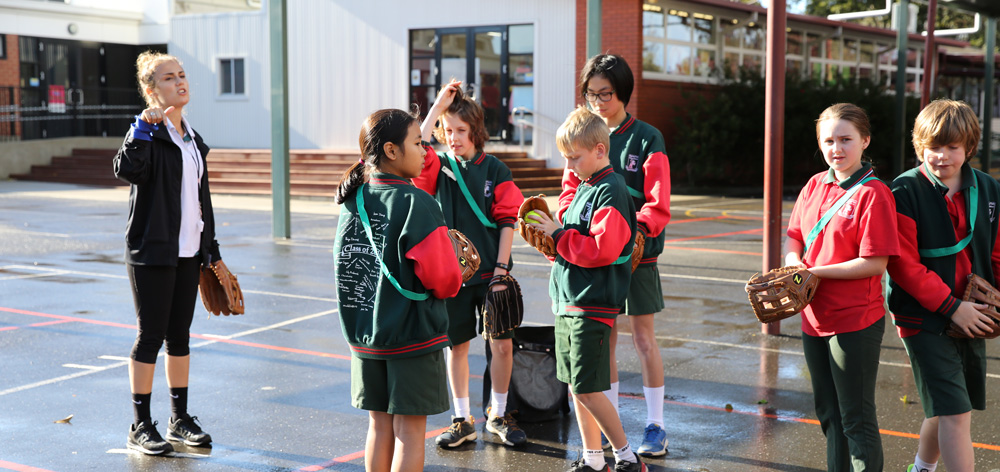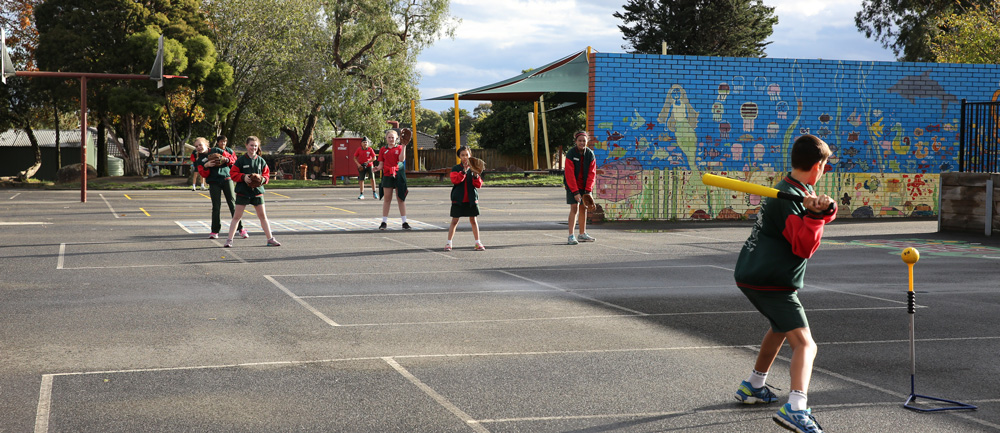Managing Groups

Find a partner
Ask players to find a partner. The partner on the right becomes a member of team 1 and the partner on the left becomes a member of team 2.
Odds and evens
Ask players to count up the letters in their first name and determine if they have an odd or an even number of letters. Odd numbers form team 1, even numbers form team 2.
Stickers
Use different types of stickers or coloured stars or dots. Put the stickers on the players as they arrive at training. For example, if you want four groups, use four different types of stickers. Players with the same stickers form a group.
Hat sort
Assign team names to your groups and put them into a hat. Have each player pull a team name out of the hat. Players with the same team names form groups.
Arms crossed
Ask everybody to cross their arms. Players with the left arm crossing over right form team 1, players with right arm crossing over the left form team 2. Surprisingly it usually works out around 50/50.
Playing cards
Using a deck of cards, divide into two groups (red or black), four groups (suits), three groups (face cards, odds, evens) or more. Have players draw a card.
Think of a number
Ask the players to think of a number between 1 and the number of the players in your group. Ask them to line up in the order of the number they selected. In ascending order, split them into groups of the required size.
Take a number
Write numbers on an icy pole stick. Place the sticks in your hand so that the numbers can’t be seen. Players that draw the same number form a group or odds and even numbers can form two teams.
Behaviour Management

Over competitiveness
A desire to win at all costs may promote negative behaviour and discourage the cooperation and participation of others.
Identifying behaviours
Children may:
- Not cooperate during group activities
- Break rules to win the game
- Criticise other children and their abilities
- Disrespectfully celebrate a win
What you can do
- Simple changes to activities may help to address over-competitive behaviour. Remember to address a child’s behaviour and not their character, and be a good role model at all times.
- Highlight examples of cooperative play and good sportsmanship. Issue bonus points to reward good behaviour
- Reduce emphasis on scoring and set other types of challenges rather than team challenges
- Use activities in which “personal bests” can be achieved
- Use small group activities, or circuits, to narrow children’s attention to their own performance
- Encourage team building routines, such as handshakes and three cheers at the end of the game
- Select a ‘spotter’ who rewards sportsmanship
Non-participation
Children may not participate in activities for a number of reasons. As these reasons may not be obvious, understanding and patience are essential to ensure all children feel they have an opportunity to be involved.
Identifying behaviours
Children may:
- Refuse to participate in activities
- Not agree to play certain roles as part of games
- Make no effort or attempt to engage with other children
What you can do
- Once illness or injury or cultural considerations have been ruled out, simple changes to activities may help to encourage participation. Remember to address a child’s behaviour and not their character, and be a good role model at all times
- Partner with the child to encourage their involvement in the activities
- Ask one of their friends, or a more experienced child from the group, to encourage their participation in the activities
- Think of new and varied roles that can be played, eg scorer or umpire
- Look for signs of interest during the activities, to invite participation
- Use changes that increase or decrease complexity of the activity to provide more opportunities for success
- Ensure the fun element is emphasised
- Create ownership by asking the child for a suggestion on how to improve or change the activity
- Provide encouragement once the child is involved
Domineering behaviour
All groups will include children of varying skill levels, abilities and experience, who may intentionally or unintentionally dominate sessions. This can become disruptive to the coach and affect the involvement of others.
Identifying behaviours
Children may:
- Assume team leader roles and direct other children
- Dominate discussions and questions by the coach
- Continually influence the pace and direction of activities
- Intentionally or unintentionally ignore those less skilled in the group
- Dominate the games or activities
What you can do
- Use smaller groups and evenly distribute more experienced children between teams
- Allow more experienced children to demonstrate a skill
- Highlight examples of cooperative play and issue bonus points to reward desirable behaviour
- Score in a way that allows children to individually challenge themselves to achieve success
- When questioning children about changing an element of an activity, use responses such as ‘That was a very valuable suggestion, does anybody have another idea that we could use?’ Recognising comments in this manner will help to increase esteem and create an environment in which others feel comfortable contributing.
- Delegate extra roles to move experienced children as part of an activity, such as keeping count of the number of passes to provide more of a challenge.

